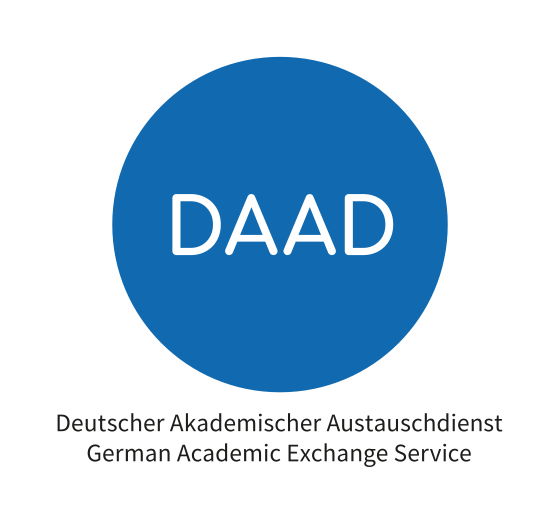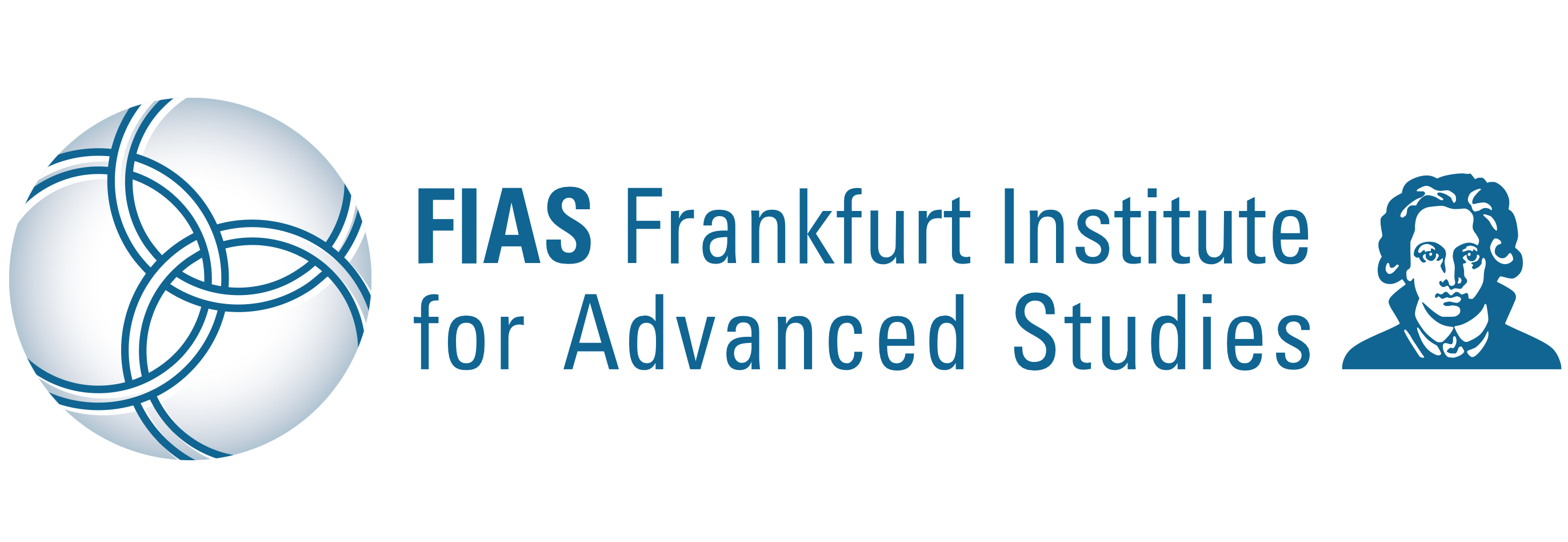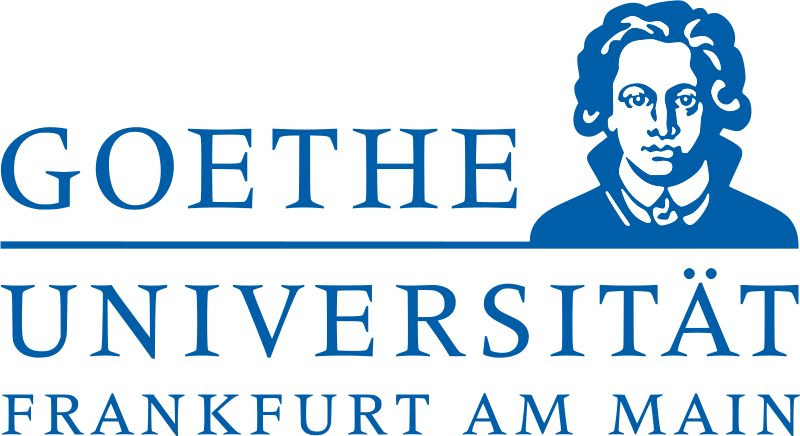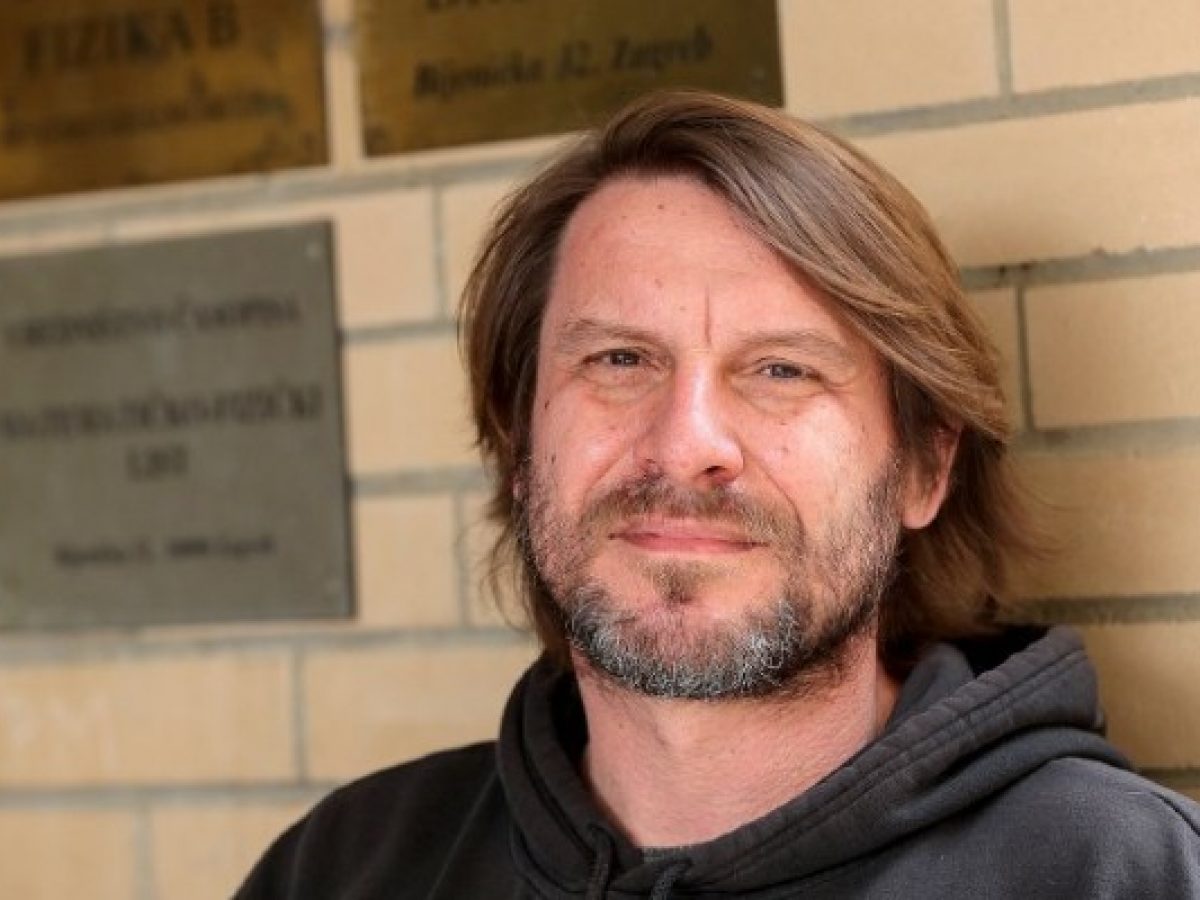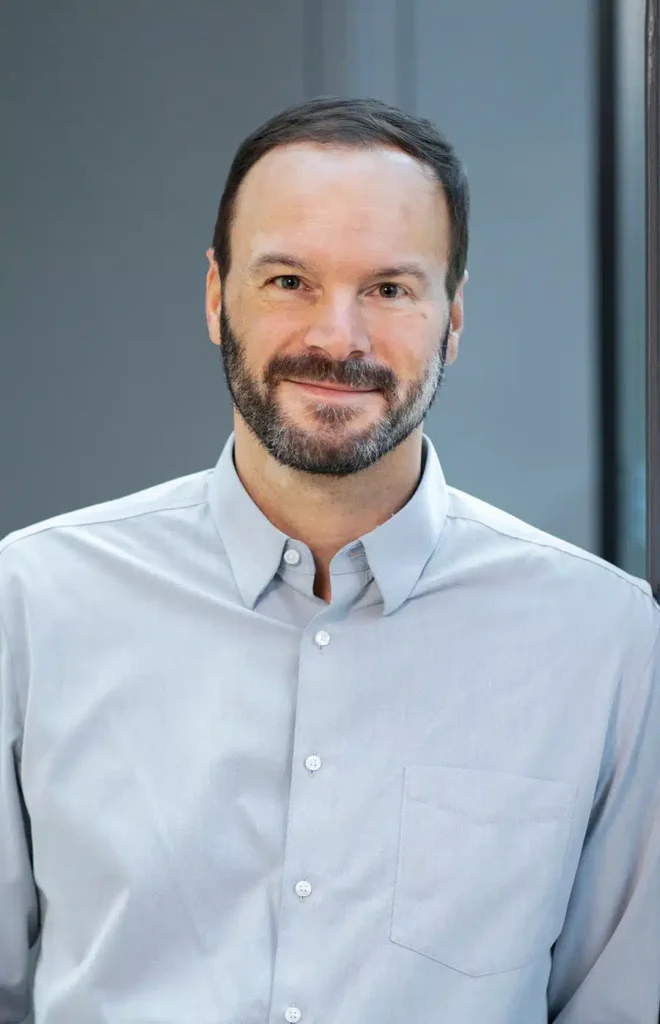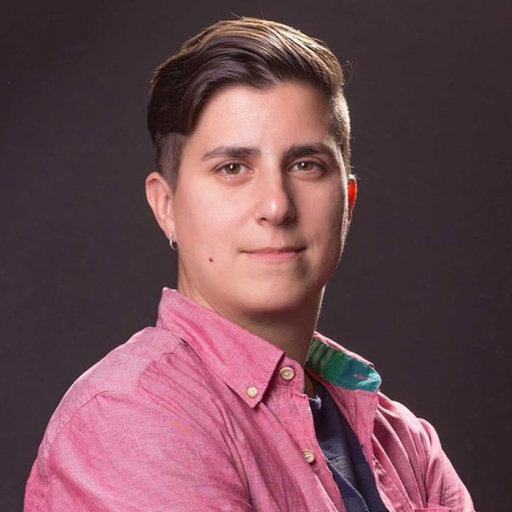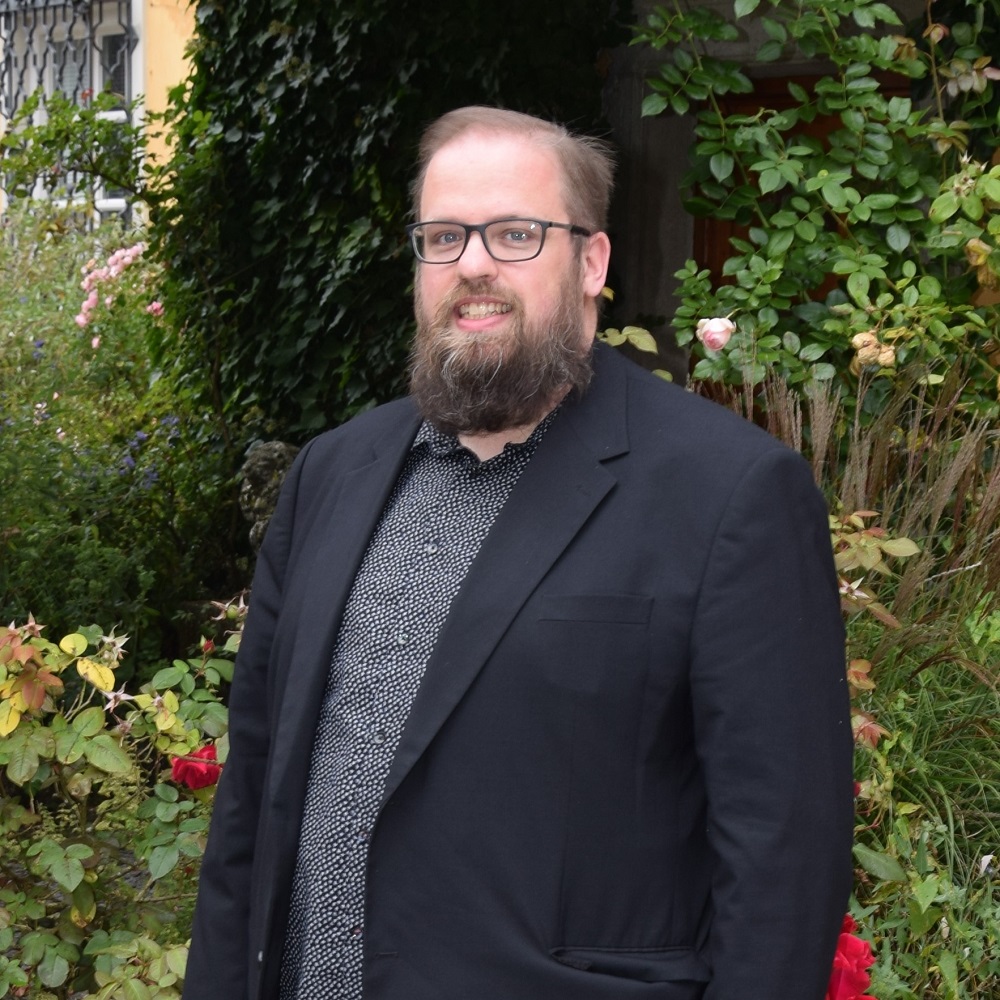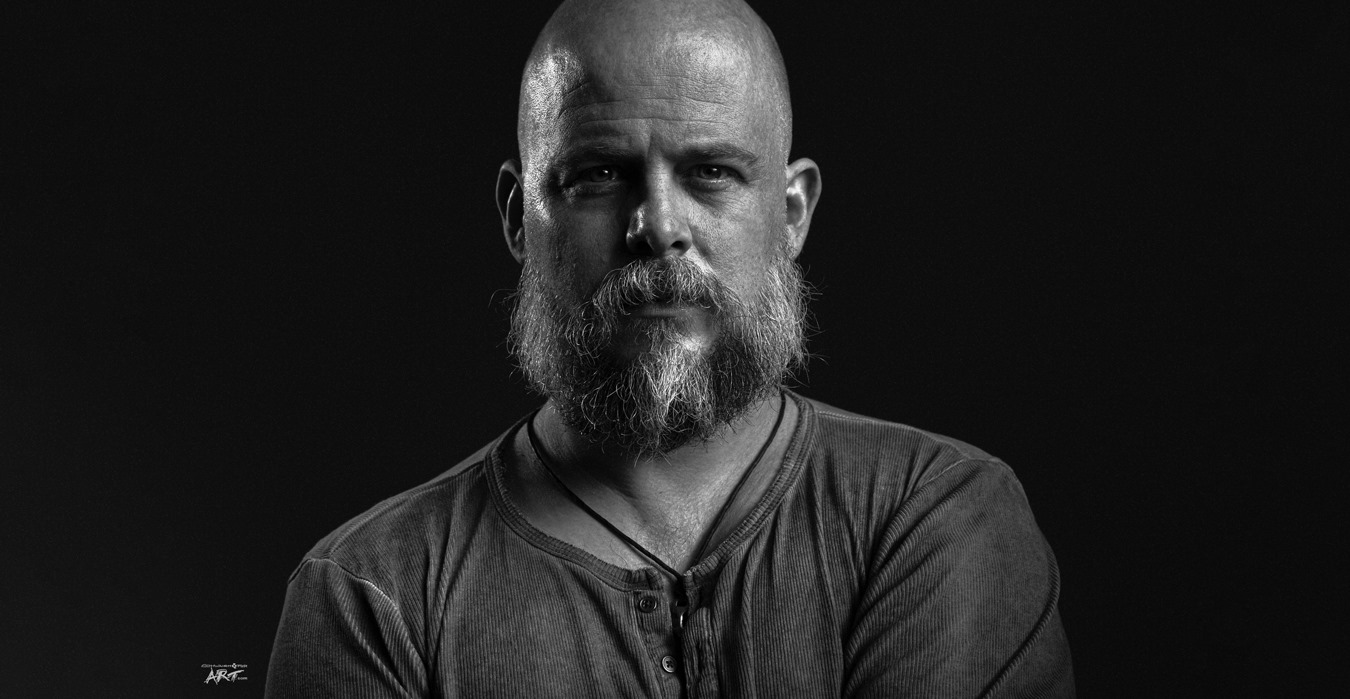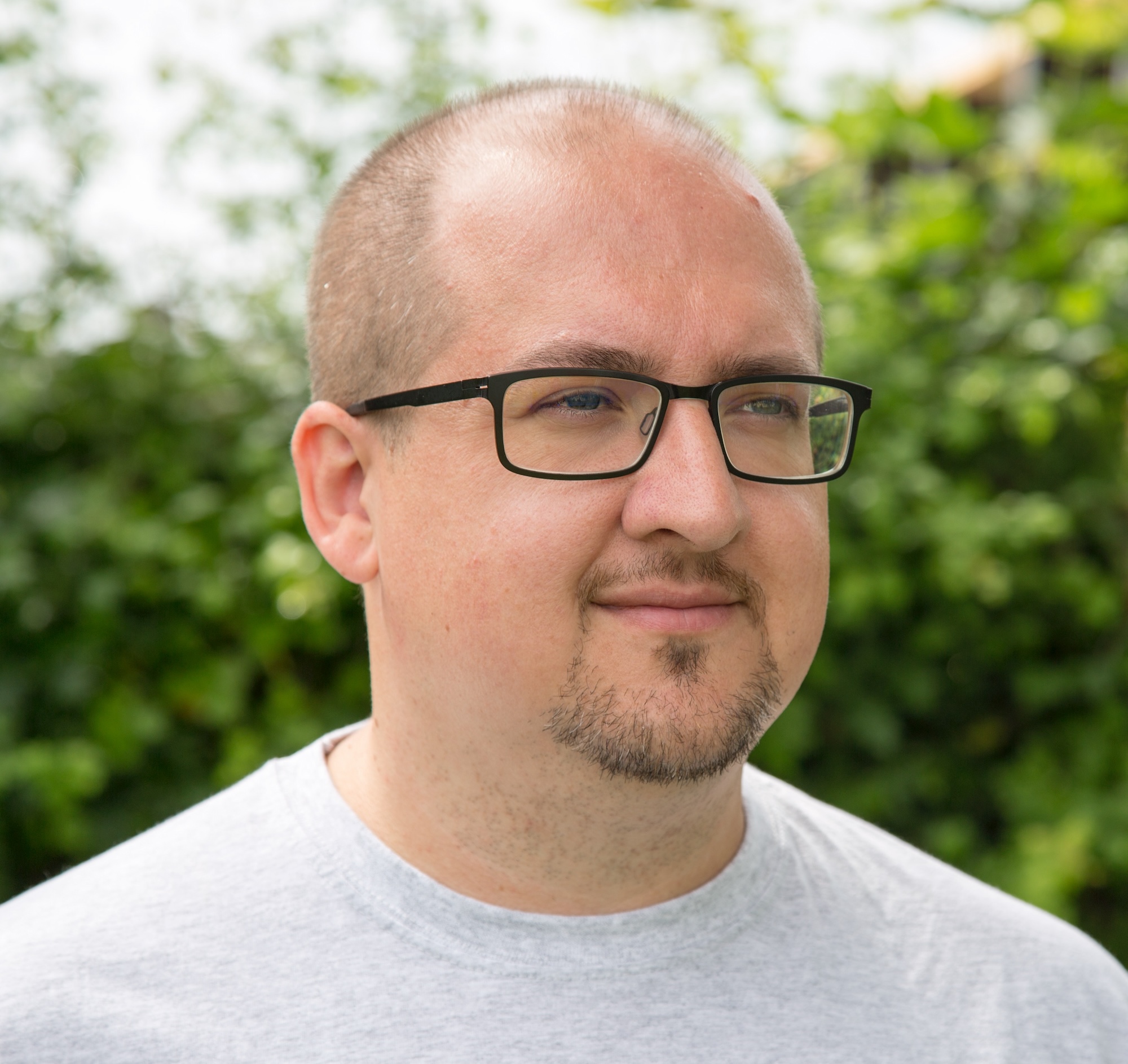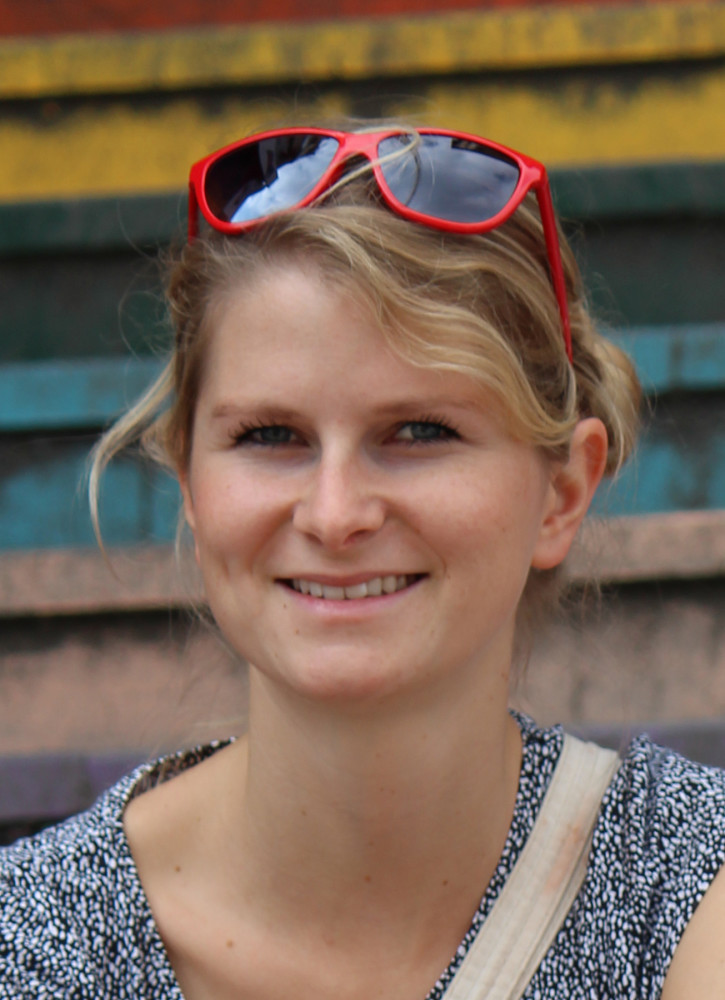So why should you join?
Science plays a crucial role in shaping our world, but effectively communicating research beyond the academic sphere is more important than ever. In an era of information overload, strong science communication helps build trust, engage diverse audiences, and ensure that evidence-based knowledge informs public discussions. The European Summer School brings together young scientists to explore innovative ways of sharing their work, making complex ideas accessible, and fostering meaningful dialogue. Join us to gain practical skills, connect with like-minded researchers, and become a more confident and impactful science communicator.
The ES3C brings together young scientists to give them an idea on how to communicate their science.
TOPICS
The European Summer School on Science Communication covers a broad range of topics. In addition all participants will start a science communication project.
APPLICATION
Application to the ES3C 2019 is closed.
Program
July 29, 2019
09:00 – 09:45
09:45 – 10:30
10:30 – 11:00
11:00 – 12:30
12:30 – 14:00
14:00 – 16:00
16:00 – 16:30
16:30 – 18:00
18:30
July 30, 2019
09:00 – 10:30
10:30 – 11:00
11:00 – 12:30
12:30 – 14:00
14:00 – 16:00
16:00 – 16:30
16:30 – 18:00
July 31, 2019
09:00 – 10:30
10:30 – 11:00
11:00 – 12:30
12:30 – 14:00
14:00 – 16:00
16:00 – 16:30
16:30 – 18:00
August 01, 2019
09:00 – 10:30
10:30 – 11:00
11:00 – 12:30
12:30 – 14:00
14:00 – 18:00
18:30
August 02, 2019
09:00 – 10:30
10:30 – 11:00
11:00 – 12:30
12:30 – 14:00
14:00 – 16:00
Lecturers
The European Summer School on Science Communication will feature experienced science communicators who will cover a broad range of science communication formats.
Confirmation will connect to a third party service, subject to its own independent privacy policy!
Venue
Partners
The European Summer School on Science Communication would not be possible without its great partners.
